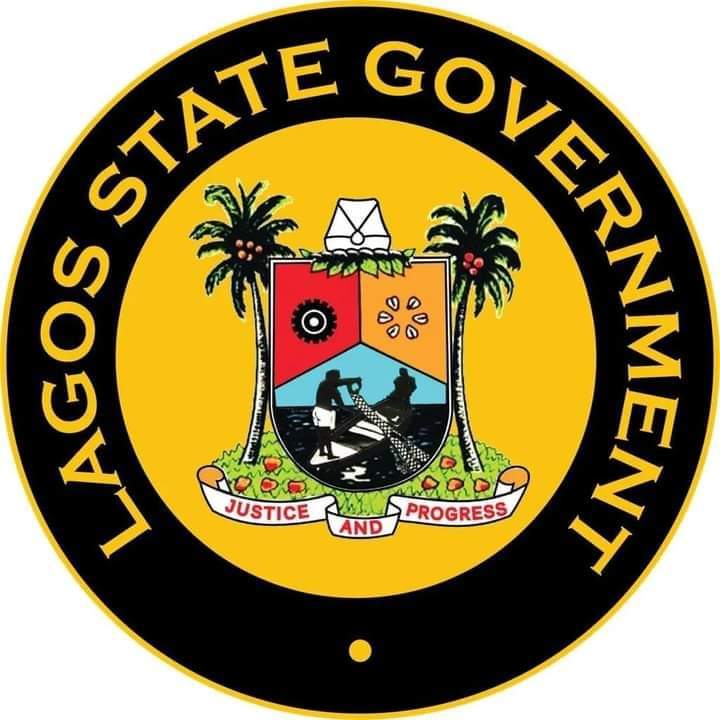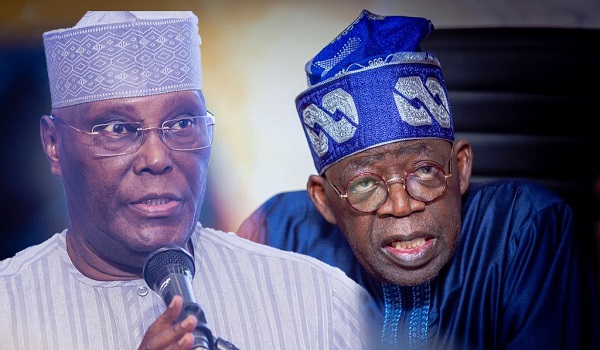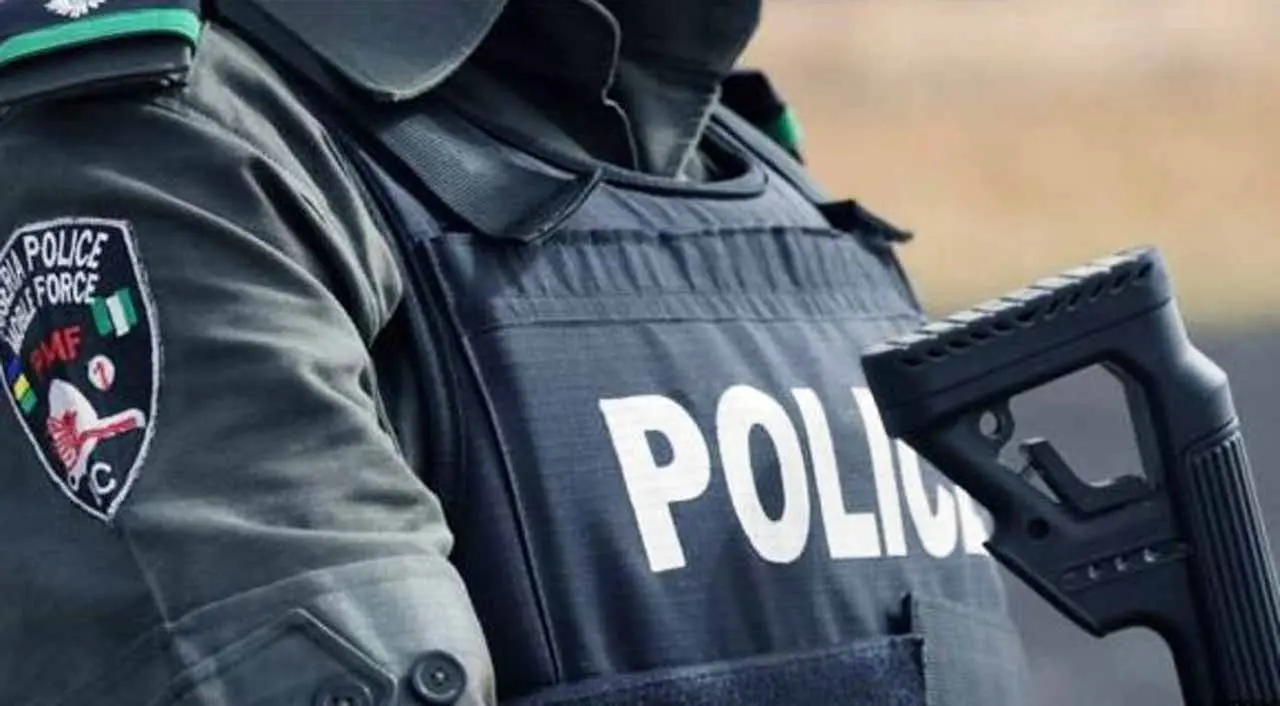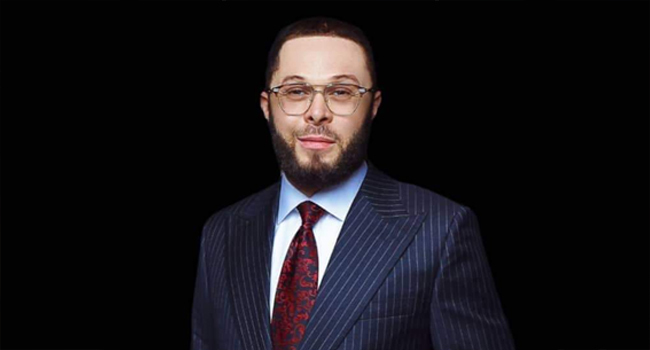The Lagos State Government, through its Domestic and Sexual Violence Agency (DSVA), has launched the Community Dialogue Committee (CDC) — a new initiative aimed at strengthening grassroots efforts to prevent and respond to sexual and gender-based violence (SGBV) across the state.
Speaking during the inauguration ceremony on Monday, the Executive Secretary of the DSVA, Mrs. Titilola Vivour-Adeniyi, represented by the Community Engagement Officer, Ms. Adetoun Odumbo, said the initiative was a major step toward building sustainable, community-driven systems that tackle SGBV effectively.
She noted that Lagos State has continued to demonstrate strong commitment to fighting sexual and gender-based violence through policy reforms, advocacy campaigns, and institutional support.
Vivour-Adeniyi explained that the main goal of the new committee is to strengthen community structures that can identify, respond to, and ensure proper referral of SGBV cases for timely intervention.
According to her, the idea is to embed support systems within local communities, making help more accessible, efficient, and sustainable for survivors.
The inauguration brought together about 50 representatives from Mushin Local Government and Odi-Olowo LCDA, including community leaders, women’s groups, youth representatives, and gender desk officers.
Read Also;
Security officials trying to fly with $6m arrested at Lagos airport
She said the committee was deliberately designed to include key local stakeholders such as traditional rulers, community and religious leaders, women and youth representatives, health and education professionals, as well as ward-level officers from DSVA or the local government.
Also speaking at the event, the Head of Community Engagement at DSVA, Mr. Damilare Adewusi, said members of the Community Dialogue Committee are expected to facilitate regular community dialogues aimed at raising awareness and addressing sexual and gender-based violence in their respective communities.
He added that the state government believes empowering communities to lead these conversations is one of the most effective ways to build a safer, more responsive Lagos for everyone.




